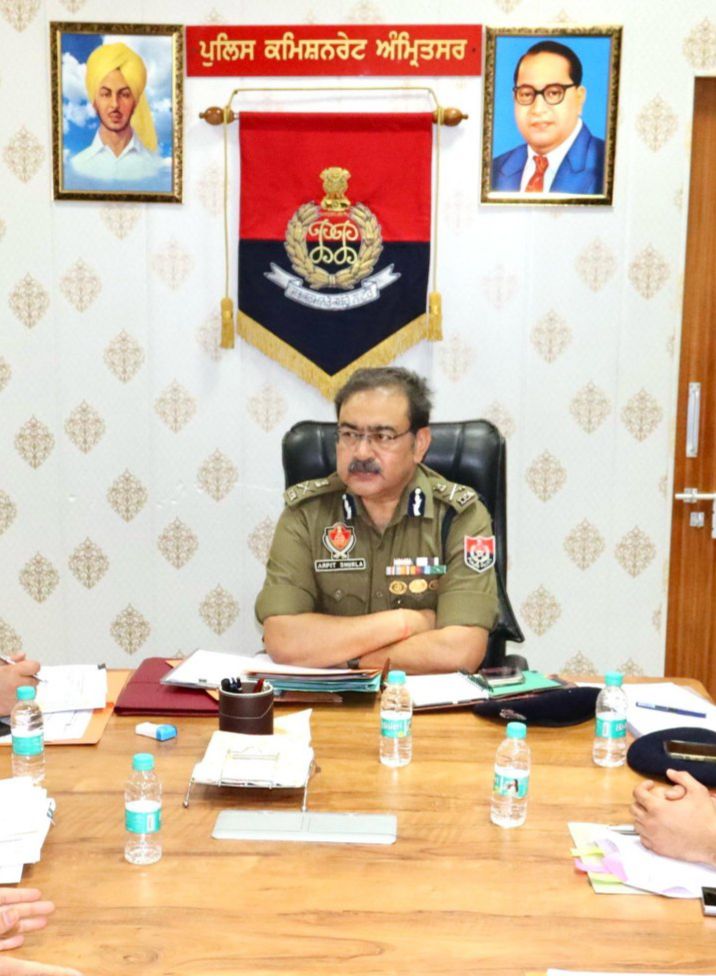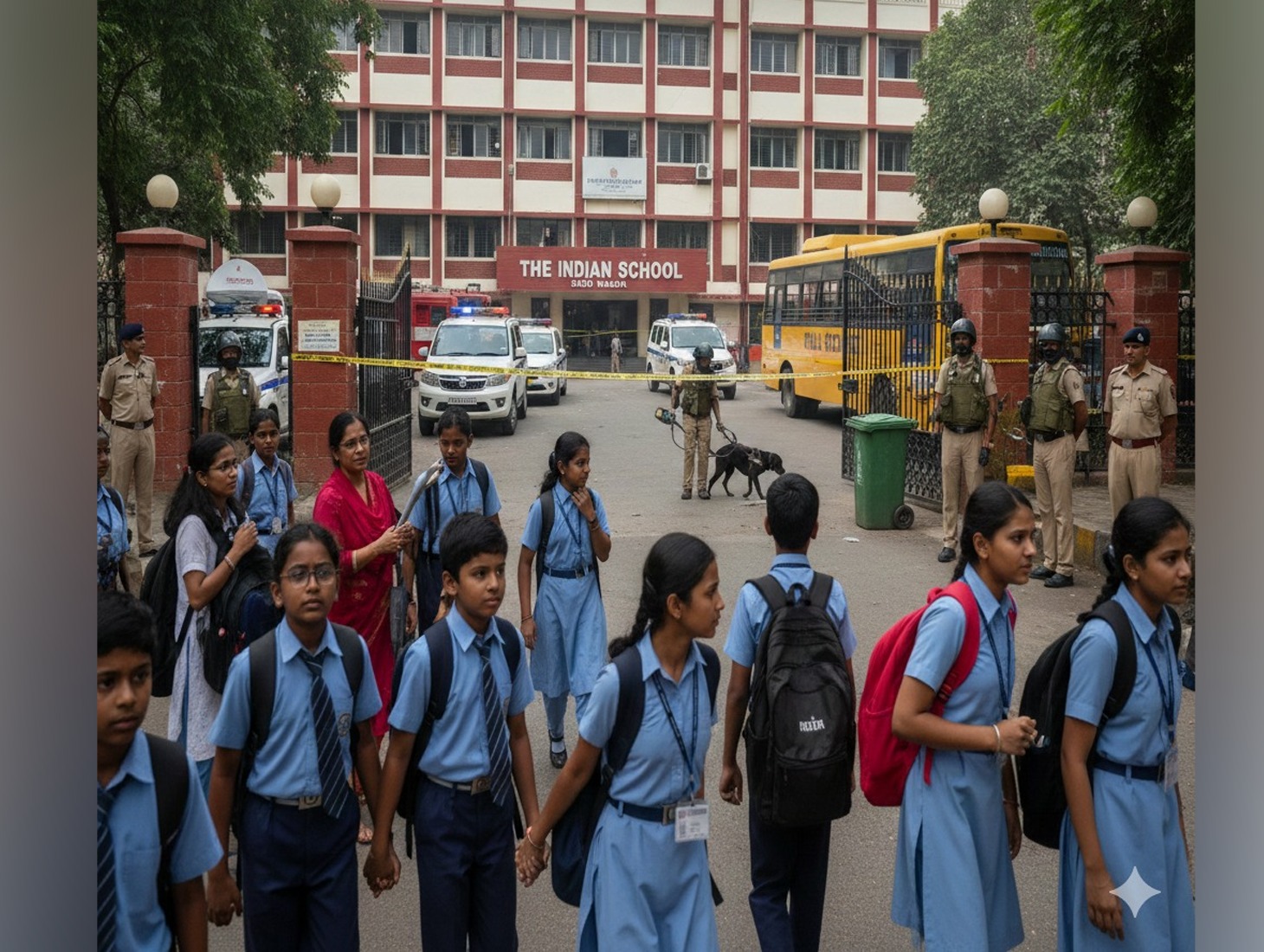The North News
Chandigarh, May 27
As Punjab’s high-intensity campaign against drug trafficking entered its 87th day, The Punjab Police on Monday arrested 127 alleged smugglers in a sweeping crackdown across the state. The police also seized 2.2 kilograms of heroin, 6.6 kilograms of opium, and ₹1.31 lakh in suspected drug proceeds, officials confirmed.
The arrests bring the total number of alleged traffickers detained since the launch of the “Yudh Nashian De Virudh” (War Against Drugs) operation to 13,866, making it one of the largest anti-narcotics campaigns undertaken by a state government in recent years. The Police said the action was conducted under the direct supervision of Punjab Director General of Police (DGP) Gaurav Yadav, with coordinated raids carried out simultaneously in all 28 police districts. Over 200 police teams comprising more than 1,300 personnel fanned out across the state, acting on intelligence inputs and tip-offs.
Special DGP (Law and Order) Arpit Shukla said that officers registered 97 FIRs and conducted raids at 442 locations in a single day. At least 494 individuals were stopped and questioned during the operation. The crackdown is part of a broader three-pronged strategy—enforcement, de-addiction and prevention—adopted by the Punjab government to curb the drug menace that has gripped large parts of the state, particularly in rural and border regions.
Chief Minister Bhagwant Mann has tasked senior administrative and police officials—including Commissioners of Police, Deputy Commissioners, and SSPs—with making Punjab a drug-free state. A five-member Cabinet Sub-Committee led by Finance Minister Harpal Singh Cheema is overseeing the execution and monitoring of the campaign.
As part of the day’s de-addiction outreach, police persuaded 104 individuals to voluntarily enter rehabilitation programmes. “We are intensifying our focus not just on arrests but on encouraging treatment and long-term recovery,” said Special DGP Shukla, adding that the police force remained committed to disrupting supply chains and reducing demand.
















